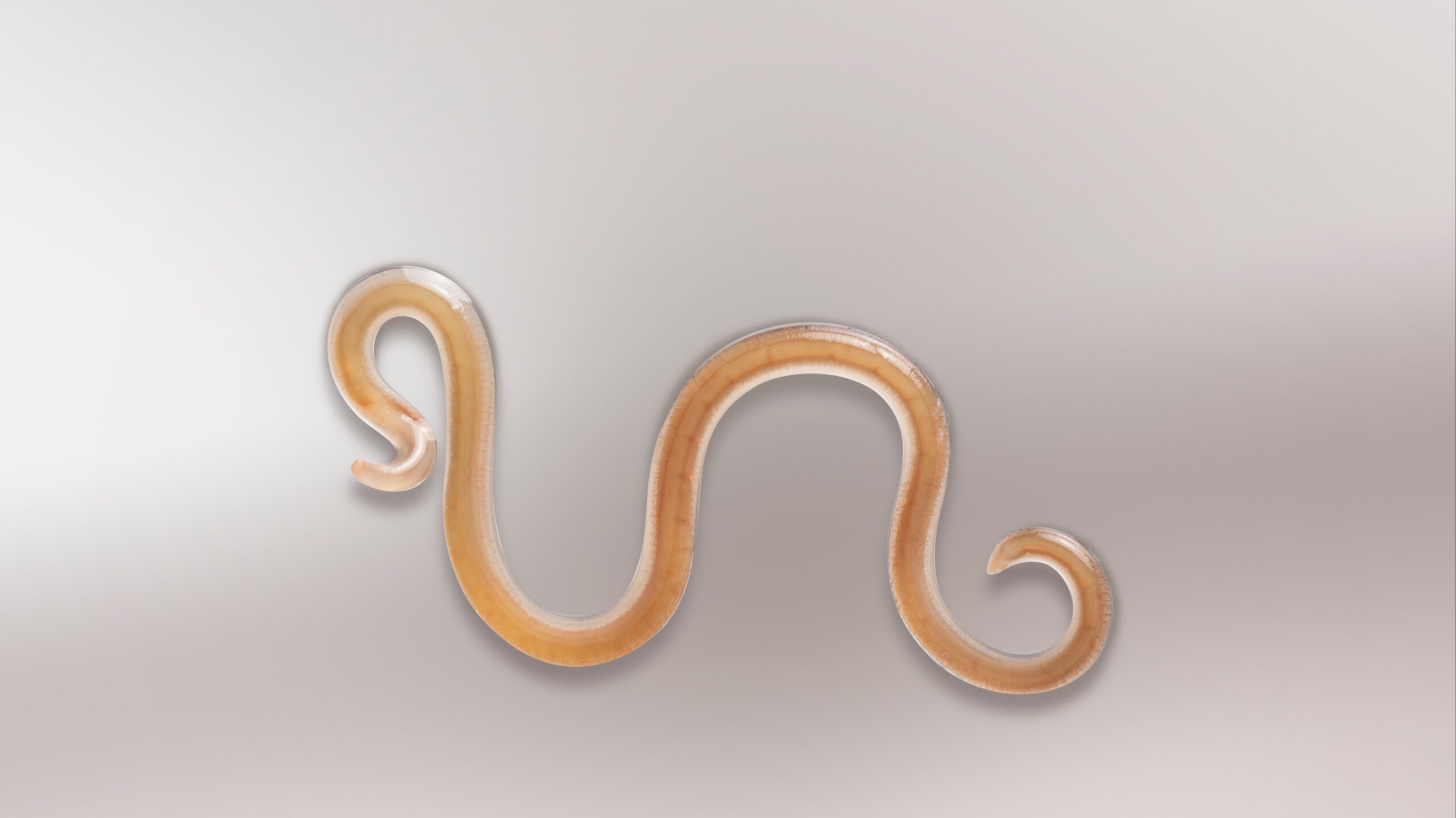
An Australian woman is in recovery after the terrifying experience of having a live 3-inch worm removed from her brain. Dr. Hari Priya Bandi, a neurosurgeon, removed the live parasitic roundworm during surgery on the 64-year-old.
This goes down as the first-ever discovery of a live worm in a human brain. According to BBC, the parasite was removed from the woman's damaged frontal lobe during surgery in Canberra in June 2022. Doctors believe that the worm may have been in her brain for up to two months.
“I’ve only come across worms using my not-so-good gardening skills," Dr. Hari shared. "I find them terrifying and this is not something I deal with at all." The woman lived near a lake in New South Wales, and doctors believe she got the worm after cooking and eating foraged Warrigal greens, a type of Australian native plant that's similar to spinach.
Her area is known to be inhabited by pythons, so doctors and scientists believe that a snake could have spread the parasite into the greens via its feces. "Everyone [in] that operating theater got the shock of their life when [the surgeon] took some forceps to pick up an abnormality and the abnormality turned out to be a wriggling, live 8cm light red worm," Sanjaya Senanayake, an infectious diseases doctor at Canberra Hospital, said.
More from LittleThings: 9 Parasites That Could Be Lurking In Your Body Right Now
The woman then became the “accidental host” for the worm. She was admitted into a local hospital in January 2021, having suffered abdominal pain and diarrhea for three weeks, accompanied by a constant dry cough, fever, and night sweats. Her symptoms later developed into increasing forgetfulness and depression.
When she was admitted into a hospital in Canberra, an MRI scan revealed the parasite in her right frontal lobe. “The other message from this case is about foraging," Sanjaya explained. "People who forage should wash their hands after touching foraged products. Any foraged material used for salads or cooking should also be thoroughly washed."




